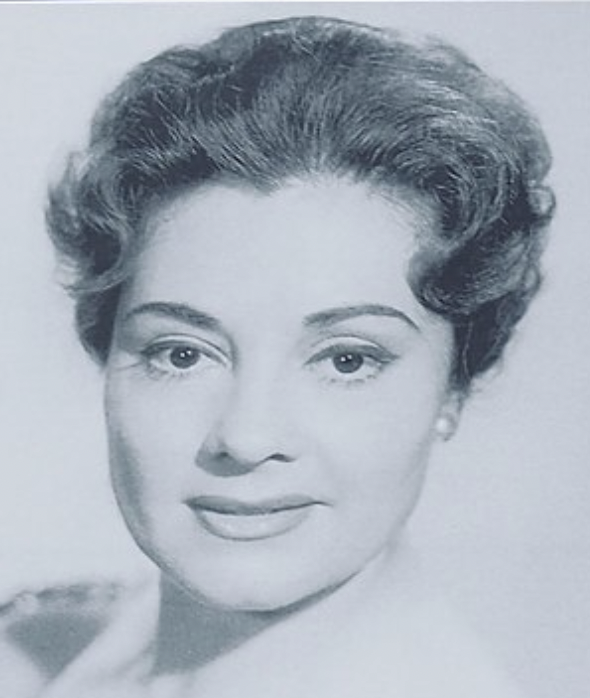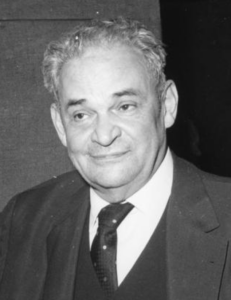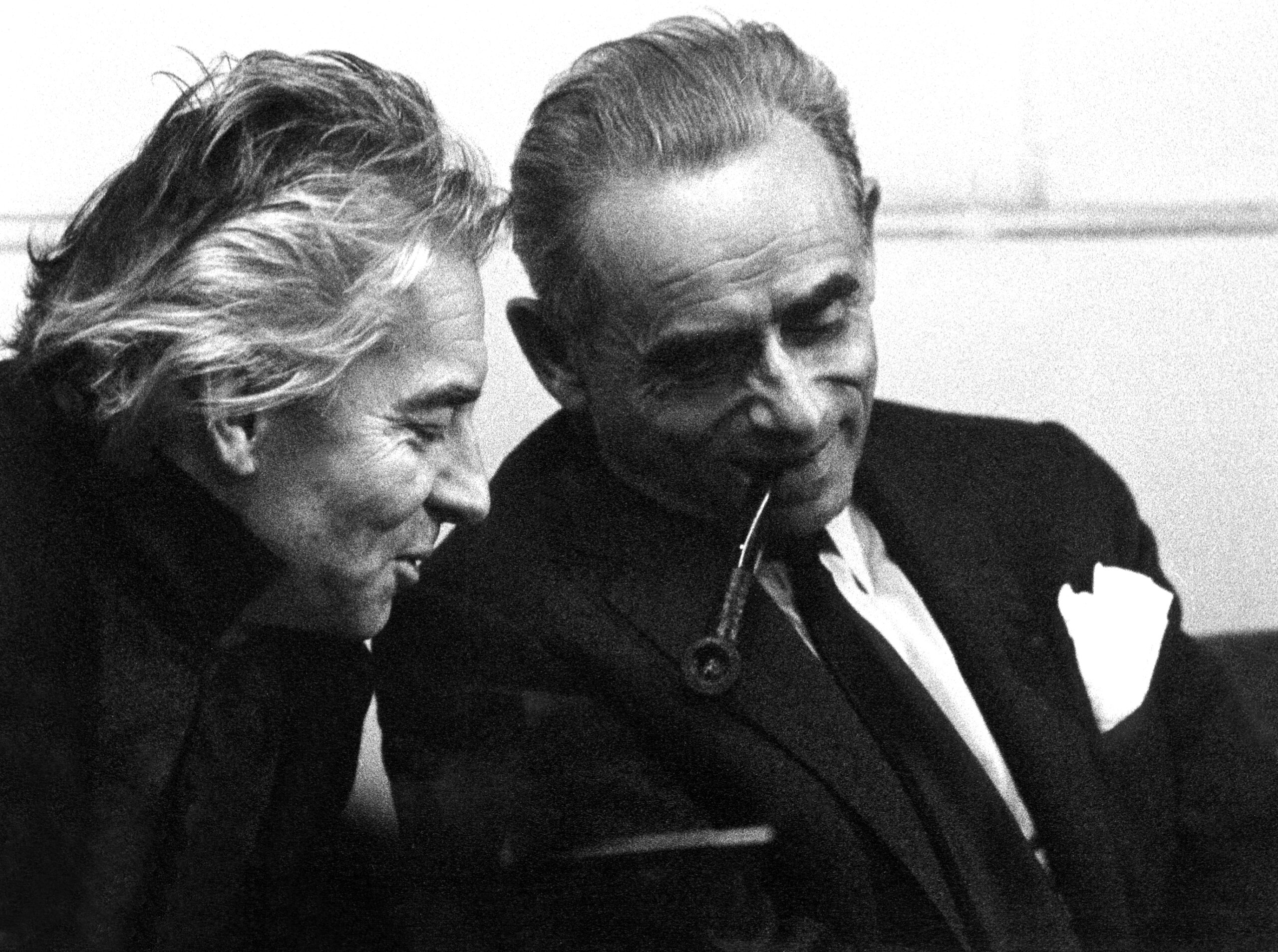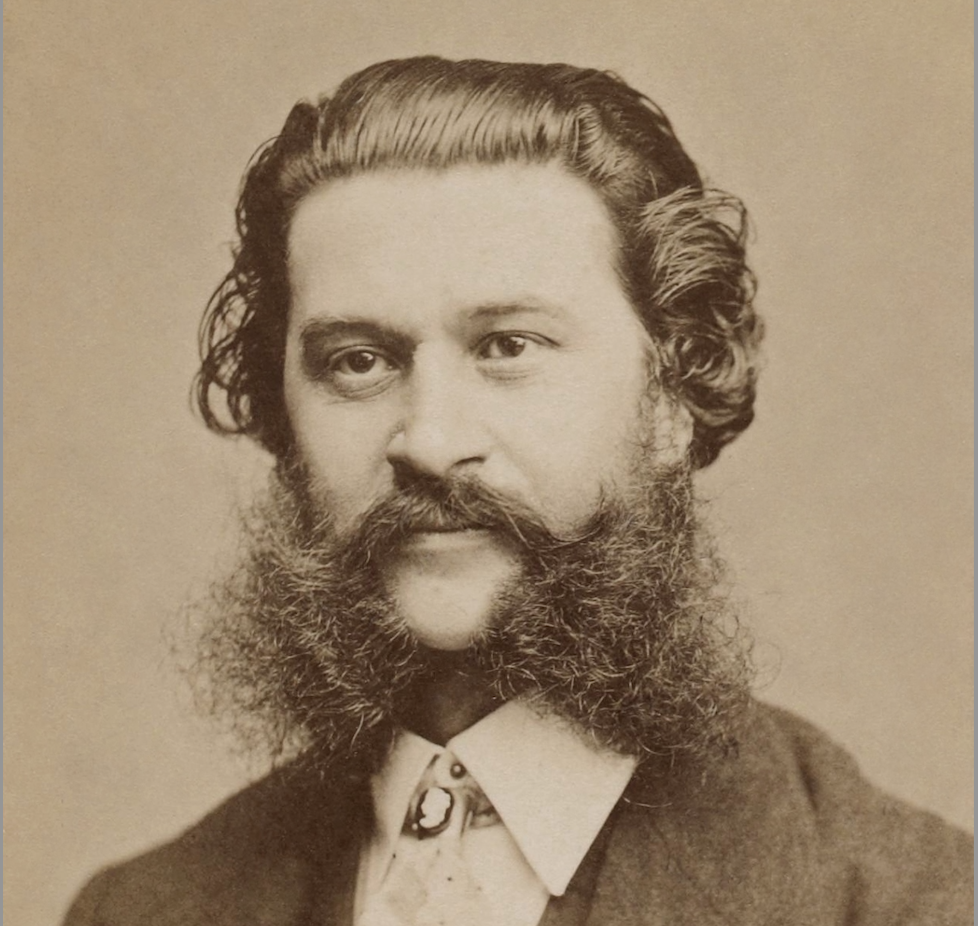01 December 2024
P.R. Jenkins
Karajan artists: Erika Köth – Queen and chamber maid

Karajan had little need for coloratura sopranos but for two standards of his repertoire they were indispensable – “The Magic Flute” and “Die Fledermaus”. For both operas he worked with the German singer Erika Köth. Köth was one of the most valued Queen of the Night of her generation and sang it in four different languages. Her debut at La Scala under Karajan’s baton on 10 December 1955 was in that part. Before the premiere, she had an unexpected visitor: “A very distinguished gentleman came to me, took off his hat and said he was the chef of the claque. As it was my debut at La Scala, he wanted to know how much I was willing to pay. I said: ‘To pay? What for?’ I really didn’t know! He said: ‘To get good applause.’ I said: ‘Listen, if I sing badly, I won’t get any applause. That’s my business. If I sing well, I will get applause for sure. But I won’t pay any money!’ After my first aria, some people started applauding but some others hissed and then all was silent. I had no applause at all. Well, I got over it!”
Another encounter was more sensational but not much more pleasant: “I met Maria Callas when I was at La Scala as Queen of the Night. Elisabeth Schwarzkopf played my daughter, Nicolai Gedda was Tamino. One day, after our rehearsal, Maria Callas appeared for a ‘Norma’ rehearsal and Schwarzkopf said to me: ‘Come on, I’ll introduce you!’ My Italian wasn’t very good so we talked to her in English. She said: ‘Oh, you’re going to sing the Queen of the Night?’ and I said ‘Yes, I’m looking forward to it a lot!’ She said: ‘Well, they asked me for the part in the first but I found it too small for me…’ I thought: ‘Too small? You mean too high!’ but I said: ‘I think, there are no small parts in Mozart operas!’”
Karajan’s second studio recording of “Die Fledermaus” took place in Vienna in summer 1960. It was the one with the guest star appearances in the 2nd act. Köth was the chamber maid Adele. Karajan’s biographer Richard Osborne praised Köth’s interpretation but wondered: “Why, during the recording of ‘Die Fledermaus’, did Karajan cut the orchestra from under his cheeky, spirited, hard-as-nails Adele, Erika Köth, every time she went for the top note at the end of her Act 2 aria? He did it six times in a row without a word of explanation. Onlookers were mystified. Only the orchestra was smiling.” Maybe we can reveal the secret. One evening during the recording sessions, Köth met Fritz Kortner. Kortner – who apparently had seen her seven times as Lucia di Lammermoor! – was one of the most fascinating actors and directors in German theatre. Film fans also remember him for his performance alongside Louise Brooks in “Pandora’s Box” (based on the same play as Alban Berg’s “Lulu”). Kortner told Karajan’s biographer Ernst Haeusserman:
“Everything you might have heard about a ‘Karajan show’ is untrue. I saw him! This was a true artist, deeply absorbed with himself, and everything that came from him was true art, convincingly created.”
Köth recalled in 1988: “When I was in Vienna for the recording of ‘Die Fledermaus’ with Karajan I had my supper in the Hotel Sacher. Kortner was sitting in front of me and stared at me while I was eating. When I had finished my supper, I passed by his table and said ‘Good evening, Herr Kortner.’ He answered ‘Good evening, Madame. I’ve seen your face elsewhere…’ I said: ‘That’s impossible, Herr Kortner, I always wear it where it is!’ He invited me for a whiskey. The whiskeys went on and on till 5 o’clock in the morning.

At ten, I had to be at the recording studio and I said to the taxi driver: ‘Oh my god, please don’t drive over cobblestones…’ Right at the beginning of the session, Karajan said: ‘Come on, Köthchen, let’s do Mein Herr Marquis’. I said: ‘Herr von Karajan, please, I am not able to do this right now. I was sitting with Fritz Kortner until 5!’ He said: ‘Interesting man. I would have done so too. Go and get a coffee. We’re doing the overture.’” Obviously, Karajan treated Köth to a coffee but afterwards felt like demonstrating his authority. As Osborne puts it: “Cutting the orchestra from under a singer – a favourite trick of Karajan’s if he needed to crack the whip.”
— P.R. Jenkinsda capo – interview with Erika Köth, 3sat 9 July 1988
Richard Osborne: “Karajan. A Life in Music” Chatto & Windus, London. 1998
Ernst Haeusserman: “Herbert von Karajan. Eine Biographie.” Verlag Fritz Molden, Wien-München-Zürich-Innsbruck. 1978/1983


